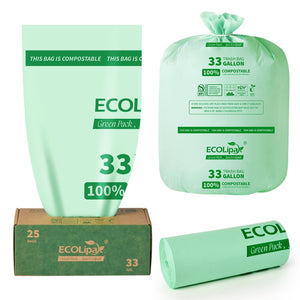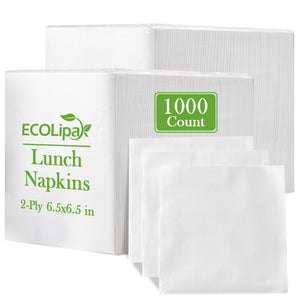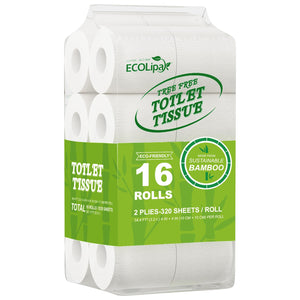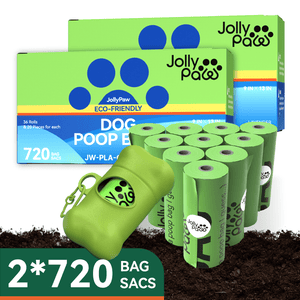You want healthy soil and strong plants. Bulk compost usually costs less than bags of compost. For example, bagged compost can cost over $100 for 24 cubic feet, but bulk compost costs about $48 for 27 cubic feet. Quality and convenience matter too. You might prefer bags for small gardens or easy storage. Bulk compost works well for bigger spaces. Your garden size, budget, and green goals help you choose the best option.
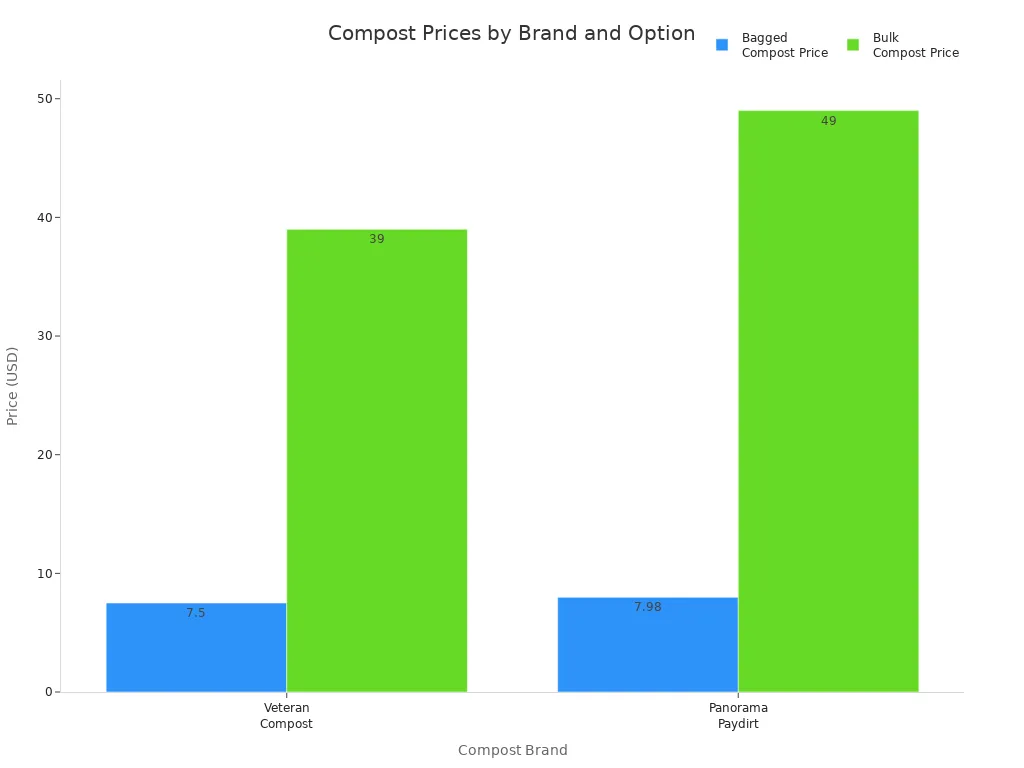
Key Takeaways
Bulk compost is more cost-effective for large gardens, offering significant savings compared to bagged compost.
Bagged compost provides convenience and is ideal for small gardens or quick projects, allowing easy transport and storage.
Mixing different types of compost enhances nutrient content, improving soil health and plant growth.
Always check the ingredients and certifications of compost to ensure quality and safety for your garden.
Using compostable trash bags, like Ecolipak, helps reduce plastic waste while managing garden waste sustainably.
Bulk vs Bags of Compost
Main Differences
When you choose between bulk compost and bags of compost, you look at several important factors. Each type brings unique benefits to your garden and your lifestyle.
-
Nutrient Content:
Homemade compost gives you control over ingredients. You know exactly what goes into your soil.
Bags of compost often contain a single ingredient, which may not provide a balanced nutrient mix.
Mixing different compost types, whether bulk or bagged, helps create a richer nutrient profile for your plants.
Some composts use manures or biosolids, which boost soil nutrition and can reduce the need for extra fertilizer for months.
-
Soil Improvement:
Both bulk compost and bags of compost improve soil structure and help retain moisture.
Bulk compost works well for large spaces, breaking up clay and improving drainage.
Bags of compost add organic matter, making soil more fertile and helping it hold water.
-
Convenience and Use:
Bulk compost suits big gardens or landscaping projects. You get a lot at once, which saves money if you need large amounts.
Bags of compost are easy to carry and store. They work best for small gardens, raised beds, or container plants.
-
Environmental Impact:
Bulk compost usually comes with less packaging, which means less waste.
Bags of compost often use plastic packaging. Choosing compostable trash bags from Ecolipak helps you manage this waste in a sustainable way.
Here is a quick comparison:
Type |
Best For |
Nutrient Control |
Packaging Waste |
Storage Needs |
|---|---|---|---|---|
Bulk Compost |
Large gardens |
High (if homemade or mixed) |
Low |
Needs space |
Bags of Compost |
Small gardens |
Varies |
Higher |
Easy, stackable |
Tip: If you want to reduce your environmental footprint, use Ecolipak Compostable Trash Bags for collecting garden waste and compost packaging. This small change supports a cleaner planet.
Pros and Cons
You want to make the best choice for your garden and the environment. Here are the main advantages and disadvantages of each option:
Advantages of Bagged Compost |
Disadvantages of Bagged Compost |
|---|---|
Convenient for quick use |
May not be available when needed |
Variety of types available |
Can be more expensive than bulk |
Consistent quality |
Limited in quantity per bag |
Easy to transport |
Environmental impact of packaging |
-
Bulk Compost Pros:
Lower cost for large amounts.
Great for improving large areas of soil.
Less packaging waste, which is better for the environment.
You can often choose the mix or source.
-
Bulk Compost Cons:
Needs space for delivery and storage.
Can be hard to move without tools or help.
Quality can vary if you do not know the source.
-
Bags of Compost Pros:
Easy to carry and store.
Good for small projects or raised beds.
You can buy only what you need.
Quality is usually consistent.
-
Bags of Compost Cons:
More expensive per cubic foot.
Packaging creates more waste.
Limited quantity in each bag.
Both bulk compost and bags of compost help your soil hold water and nutrients. Bulk compost improves drainage in clay soils and adds organic matter to sandy soils. Bags of compost also boost fertility and structure, making them a smart choice for targeted planting.
Ecolipak stands out for its commitment to sustainability. The brand uses corn-based PLA and holds top certifications like BPI ASTM D6400 and OK Compost Home. Ecolipak Compostable Trash Bags offer a practical way to manage garden waste and compost packaging. You help protect green spaces and reduce plastic waste when you choose eco-friendly products.
Note: Mixing different composts, whether bulk or bagged, gives your garden a better balance of nutrients. Always check the ingredients to avoid unwanted chemicals or toxins.
Cost
Price Comparison
When you plan your garden, price matters. You want to get the most value for your money. Bulk compost often gives you a better deal, especially if you need a lot. Here is a look at average prices for bulk compost in major cities:
Product |
Price per cubic yard |
|---|---|
Compost Aged & Screened |
$39.99 |
Gertens® Gardening Mix |
$54.99 |
Green Loon® Soil Conditioner |
$34.99 |
Pulverized Landscaping Topsoil |
$36.99 |
Green Loon® Seeding Soil |
$54.99 |
Rain Garden Mix |
$54.99 |
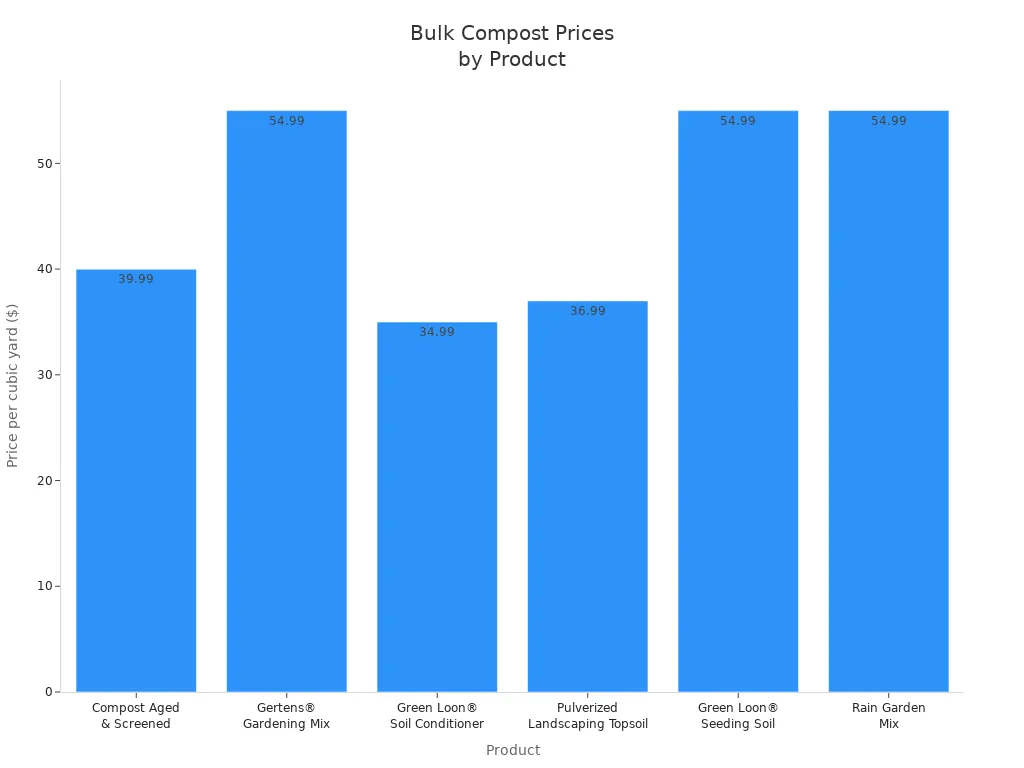
If you buy more, the price per cubic yard drops. For example, buying in bulk for 1 to 40 cubic yards can cost $15 per yard, and for 41 to 500 yards, it drops to $10 per yard. This means buying in bulk brings real cost savings for big projects.
Bagged compost costs more per unit. For example:
Brand |
Price |
Store |
|---|---|---|
Vermont Compost Company Fort Vee |
$25.74 |
Walmart |
Another Product |
$29.95 |
Walmart |
You often pay for packaging and convenience with bags. If you need only a few bags, this might work for you. For large gardens, buying in bulk is usually the smarter choice.
Value for Large and Small Gardens
Buying in bulk helps you save money when you have a big garden or a landscaping project. You avoid the extra cost of handling many small bags. This approach gives you more compost for less money, which means more cost savings over time. You also reduce packaging waste, which helps protect the environment.
For small gardens, bagged compost offers convenience. You can carry and store bags easily. Many brands offer organic or locally sourced options, which appeal to gardeners who care about health and the planet. Bagged compost lets you start planting right away, with no need for special equipment.
Tip: If you want to balance cost savings and convenience, try buying in bulk for big projects and use bags for small beds or containers. This way, you get the best of both worlds while supporting a healthy, green garden.
Quality
Ingredients
When you pick compost for your garden, you want to know what goes into it. The ingredients make a big difference in how well your plants grow and how healthy your soil becomes. Bulk compost and bagged compost often use different materials. Here is a quick look at what you might find in each:
Type of Compost |
Common Ingredients |
|---|---|
Bulk Compost |
Varied ingredients like manure, kitchen scraps, forest products, worm castings, leaves |
Bagged Compost |
Often single ingredient types such as mushroom compost, worm castings, or manure |
You might see compost made from yard waste, such as grass clippings and leaves. Some compost uses manure from cows, horses, or chickens. Others use worm castings, which gardeners call "black gold" because they help plants grow strong. Bagged compost can include mushroom compost or even a mix of different organic ingredients. Each type brings its own benefits to your garden.
Yard waste compost adds organic matter and helps soil hold water.
Manure compost gives your soil extra nutrients.
Worm castings improve soil structure and boost plant health.
Tip: Always check the label to see what is inside your compost. Knowing the ingredients helps you match the compost to your garden’s needs.
Purity and Standards
You want compost that is safe and clean. Good compost should not have trash, glass, or harmful chemicals. Many brands test their compost for purity. Look for certifications like OMRI Listed or USDA Organic. These labels show that the compost meets strict standards for safety and quality.
Ecolipak cares about quality and the environment. The brand uses eco-friendly materials and meets top compostable standards. Ecolipak’s products, like compostable trash bags, help you manage garden waste without adding plastic to landfills. When you choose products with high standards, you protect your garden and the planet.
Note: Pure compost keeps your soil healthy and your plants safe. Always choose compost and garden products from brands that value quality and sustainability.
Convenience
Storage
Storing compost can be simple or tricky, depending on what you choose. Bulk compost often needs more planning. You must control moisture and make sure air can move through the pile. If you do not manage airflow, fungus can grow, and nutrients may wash away. For long-term storage, you need a spot that keeps compost off the ground and lets air in. This helps keep your compost healthy and ready for your garden.
Bagged compost is easier to store. You can stack the bags in a cool, shady place. Many gardeners move compost into containers that let air flow. If the compost feels damp, keep it in clumps. This makes it easier to break apart later. Always shelter your compost from rain and snow. This keeps it dry and full of nutrients.
Tip: Store bagged compost in a ventilated container and avoid too much moisture. This keeps your compost fresh and ready for planting.
Application
Applying compost should fit your garden’s size and your own routine. For large gardens, bulk compost works best. You can use tools like shovels, forks, or even heavy equipment to spread it. A good method is to lay down a 3–4-inch layer of compost and mix it into the soil about 6–8 inches deep. This gives your plants a strong start and helps the soil hold water.
Bagged compost is perfect for small spaces or raised beds. You can carry the bags where you need them and pour out just the right amount. This makes it easy for families and new gardeners to add nutrients without heavy lifting.
When you clean up after gardening, Ecolipak Compostable Trash Bags help you manage waste in a green way. These bags use plant-based materials and break down naturally. They hold up to 33 gallons, so you can collect leaves, weeds, and old compost. Ecolipak bags are certified compostable and safe for the planet.
Feature |
Description |
|---|---|
Material |
Made from renewable, plant-based materials that are non-toxic and compostable |
Environmental Impact |
Reduces plastic waste and supports a cleaner earth |
Certification |
Certified compostable by BPI and OK COMPOST INDUSTRIAL |
Usage |
Great for composting food and garden waste |
Size |
33 Gallon capacity, fits outdoor bins and yard leaves |
Choosing the right compost and using eco-friendly bags helps you care for your garden and the environment. Every small step makes a difference for your family and the planet.
Choosing Compost
Matching to Garden Needs
You want your garden to thrive, so choosing the right compost matters. Start by thinking about what you plan to grow. Different plants have different needs. For example, Mediterranean herbs like rosemary and thyme prefer soil that drains well. These herbs do best with compost that includes materials such as crushed limestone and sand. Culinary herbs, like basil and parsley, love richer soil that holds moisture. For these, look for compost blends with well-rotted manure and peat moss.
Soil type also plays a big role. You can follow these steps to match compost to your garden:
Check your soil’s texture and drainage. Clay soil feels sticky and needs compost to improve its structure. Sandy soil feels gritty and needs compost that helps it hold water.
Test your soil. A simple soil test tells you what nutrients your soil lacks. This helps you pick the right compost for your plants.
Choose compost based on your garden’s size. Bulk compost works well for large spaces, while bagged compost is handy for small beds or containers.
Tip: Quality matters. Good compost boosts plant growth and keeps your soil healthy. Poor compost can harm your garden, so always read labels and pick trusted brands.
Common Pitfalls
Many gardeners make simple mistakes when choosing compost. You can avoid these by staying aware of the most common pitfalls:
Skipping compost altogether. Your soil needs organic matter to stay healthy.
Picking the wrong composting method for your space or climate.
Placing your compost pile in a spot that gets too much sun or stays too wet.
Adding the wrong materials, like diseased plants or plastics, which can hurt your soil and plants.
Ignoring the label. Some bagged composts vary in quality, so always check for ingredients and certifications.
You help your garden and the planet when you choose compost wisely. Healthy soil means healthy plants, and every good choice supports a greener world. 🌱
You have many choices when it comes to garden health. Bulk compost works well for large spaces and saves money, while bagged compost fits small gardens and offers easy storage. Bagged compost gives you convenience, but you pay more for each bag. You might choose bagged compost if you want a quick solution for pots or beds. Bagged compost can vary in quality, so always check the label. Bagged compost creates more packaging waste, but you can use Ecolipak Compostable Trash Bags to help the planet. Share your bagged compost tips or questions below—your experience helps others grow greener gardens!
FAQ
What is the best way to store compost at home?
You should keep compost in a cool, dry place. Use a bin with a lid to keep pests away. Make sure air can move through the pile. This helps your compost stay fresh and healthy for your garden.
Can I use homemade compost in my vegetable garden?
Yes, you can use homemade compost in your vegetable garden. It adds nutrients and improves soil structure. Always let your homemade compost break down fully before using it. This keeps your plants safe and healthy.
How do I know if my compost is ready to use?
Finished compost looks dark and crumbly. It smells earthy, not sour or rotten. You should not see large pieces of food or leaves. If you spot these, give your compost more time to break down.
Are compostable trash bags safe for garden waste?
Compostable trash bags, like those from Ecolipak, are safe for garden waste. They break down naturally and do not leave harmful chemicals. You help protect the environment when you use them for yard cleanup.
Should I choose bulk or bagged compost for a small garden?
For a small garden, you may find bagged compost easier to use and store. It lets you buy just what you need. Bulk compost works best for larger spaces or big projects.




